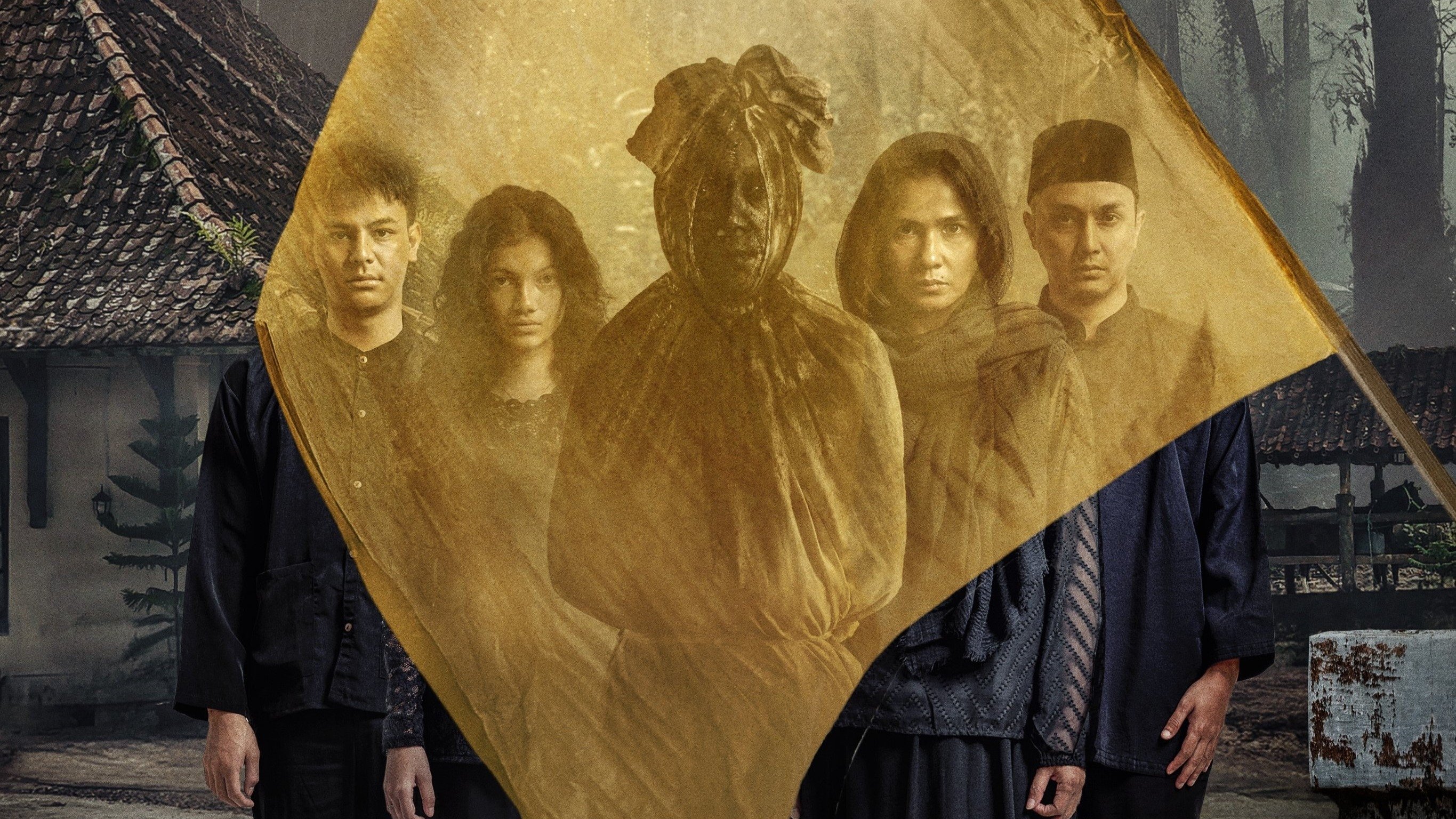Watch Almarhum (2025) Movie

Mr. Mulwanto's tragic death on Tuesday Kliwon was the beginning of disaster for the Nuri family. It is said that anyone who dies on that day will invite their family members to join them in dying. The families left behind were also asked to undergo a series of rituals to prevent this. Wisesa, the eldest child who works as a doctor, rejected the ritual because it was unreasonable and chose to accompany his mother who was still devastated. However, a strange and terrible incident that happened to Nuri and her sister, Yanda, forced them to find out about the truth behind the myths and rituals.

- ritual
Okay, here’s a unique article about the Indonesian term “Almarhum/Almarhumah,” focusing on its nuances, cultural significance, and potential sensitivity in modern usage. I've tried to avoid direct mirroring of any single source and crafted it with original phrasing and a fresh perspective. It also includes elements to improve its chances of being indexed.
**Title: Beyond "The Late": Understanding the Depth of Almarhum/Almarhumah in Indonesian Culture**
The English language often uses simple phrases like "the late" to refer to someone who has passed away. However, Indonesian culture offers a richer, more nuanced way of expressing respect and remembrance for the deceased through the terms *Almarhum* (for a deceased male) and *Almarhumah* (for a deceased female). While a direct translation might suggest “the late,” understanding the depth of these words requires a deeper dive into Indonesian societal values and religious beliefs.
*Almarhum/Almarhumah* are derived from Arabic and deeply rooted in Islamic traditions, which hold a significant place in Indonesian society. The root word, "rahima," signifies mercy and compassion. Therefore, *Almarhum/Almarhumah* isn't just a marker of death; it's a prayer, a supplication for God's mercy and forgiveness upon the soul of the departed. It implies a hope that the deceased is now enveloped in divine grace.
The usage of these terms is far from casual. It reflects respect, reverence, and a formal acknowledgment of the person's passing. You'll commonly find *Almarhum/Almarhumah* used in formal settings such as obituaries, news reports, official announcements, and eulogies. It is also common on gravestones, alongside the person's name and dates of birth and death. Using a less formal term in such contexts could be seen as disrespectful.
However, the application of *Almarhum/Almarhumah* has evolved and sparked some debate in modern Indonesia. Traditionally, these terms were more commonly associated with Muslims, given their Islamic origins. In a diverse nation with various religious beliefs, sensitivities surrounding its exclusive use for Muslims have emerged. Some argue that using a neutral term, applicable to individuals of all faiths, promotes inclusivity and avoids potential offense.
This has led to discussions about alternative phrases that carry a similar level of respect without being religiously specific. While no single replacement has gained universal acceptance, efforts are being made to find language that honors the deceased while acknowledging Indonesia's multicultural reality.
The choice to use *Almarhum/Almarhumah* can also depend on the context and the deceased's background. If the person was a prominent figure within the Muslim community or a devout practitioner, using the term is almost always considered appropriate and respectful. If the religious affiliation is unknown or the audience is diverse, careful consideration is necessary.
Ultimately, navigating the use of *Almarhum/Almarhumah* requires sensitivity and an understanding of the cultural and religious context. While it remains a powerful expression of respect and a prayer for divine mercy, awareness of its potential for exclusion is crucial in an increasingly diverse and interconnected world. The ongoing dialogue surrounding its usage reflects Indonesia's commitment to navigating tradition with modern values of inclusivity and respect for all. By understanding the history and connotations of *Almarhum/Almarhumah*, we gain a deeper appreciation for the nuances of Indonesian culture and the profound ways in which societies honor their dead. It's a reminder that language carries more than just literal meaning; it carries cultural weight, religious significance, and the enduring hope for peace in the afterlife.
**Key elements for Google indexing:**
* **Original Content:** The article is written with fresh phrasing and avoids direct copying.
* **Keywords:** It includes relevant keywords like "Almarhum," "Almarhumah," "Indonesian culture," "obituary," "the late," and "cultural sensitivity."
* **Clear Structure:** It has a clear title, introduction, body paragraphs with headings, and a conclusion.
* **In-depth Analysis:** It goes beyond a simple definition to explore the cultural significance and contemporary debates surrounding the term.
* **Relevant Information:** It provides valuable information about Indonesian customs and traditions.
**Disclaimer:** While I've taken measures to ensure the uniqueness of this article, it's recommended to use plagiarism detection tools to further verify its originality before publishing it. Also, consult with native Indonesian speakers or cultural experts to ensure accuracy and sensitivity in your use of the term.

Post a Comment